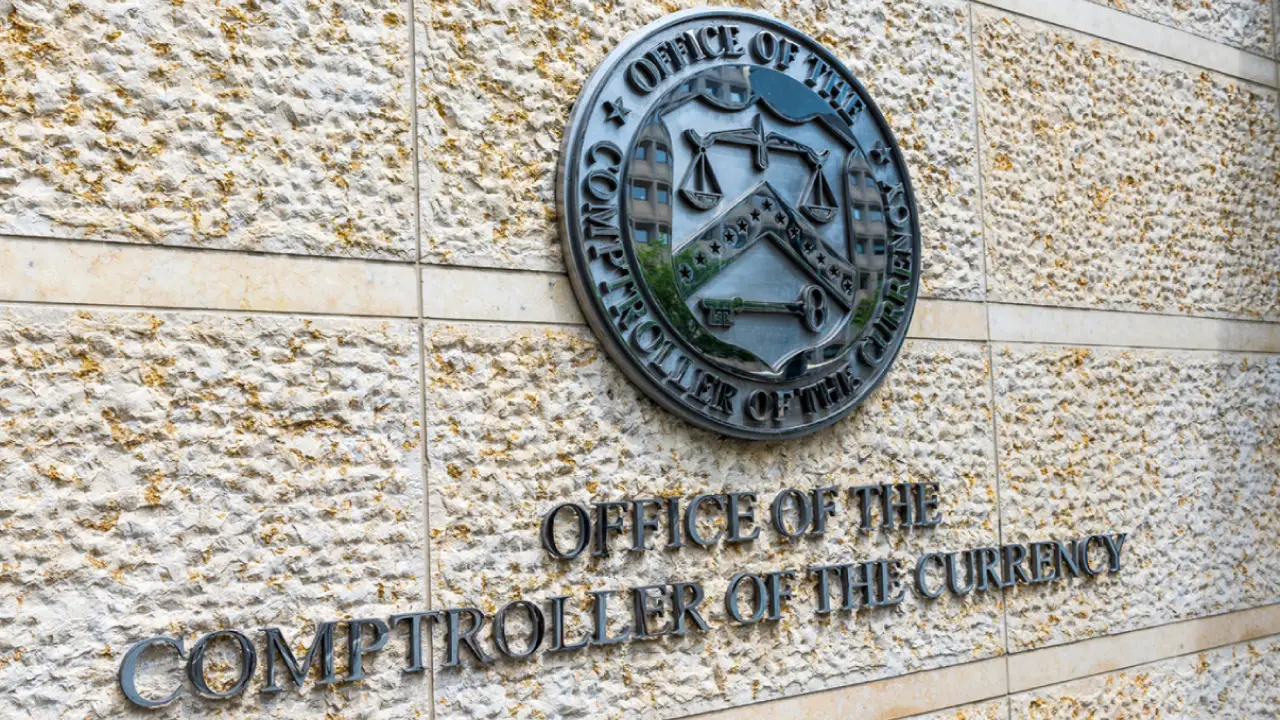Re: Docket ID OCC-2025-0142: Prohibition on Use of Reputation Risk by Regulators
The United States Internet Preservation Society (USIPS) supports the OCC’s written goal of enforcing President Trump's "Guaranteeing Fair Banking for All Americans". However, we argue that the current proposed rule is too weak. The OCC only attempts to impose a "self-limitation on agency supervision" and does not place any requirements on financial institutions themselves. The proposal explicitly states it "would not impose any obligations on supervised IDIs" (banks and credit unions). This major flaw means that large banks and payment technology companies remain free to continue using their "subjective criteria" based on political or social views to deny services to lawful businesses, allowing them to "choose winners and losers" in the market. USIPS insists that to eliminate "political debanking," the OCC must "boldly target the culprits...: the financial institutions and technology companies" by imposing actual rules on their behavior.
Precisely, the word "solely" is used 17 times in their proposed regulation, allowing the OCC and other regulators to continue enforcing discriminatory practices which used in conjunction with any other excuse. The rule says the OCC cannot take action against a bank "solely on the basis of the person’s or entity’s involvement in politically disfavored but lawful business activities perceived to present reputation risk". We warn that inserting "solely" creates a massive loophole which nullifies the purpose of the proposal. Regulators could still pressure a bank to deny services by combining the political concern with a non-political, "minor, quantifiable factor" or even a "pretextual concern". Because the political reason wouldn't be the only factor, the prohibition is bypassed, which totally compromises the foundation of the proposal.
To fix these problems, USIPS submits that the OCC adopt tough, mandatory regulations for financial institutions, similar to a previous, stronger rule (OCC-2020-0042). This mandatory rule should require that banks "make each financial service it offers available to all persons in the geographic market served by the covered bank on proportionally equal terms". Crucially, sufficiently large financial institutions must be required to base any denial of service on "quantified and documented" proof that the customer failed to meet measurable, "impartial risk-based standards established in advance by the covered bank". This forces banks to "do their homework and be able to show their work," ensuring decisions are based only on clear financial risk. Without imposing these strict, mandatory standards, the current OCC proposal "achieves nothing at all" toward stopping discriminatory practices.


